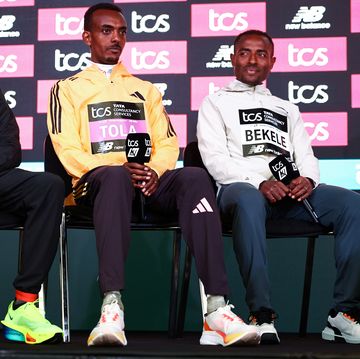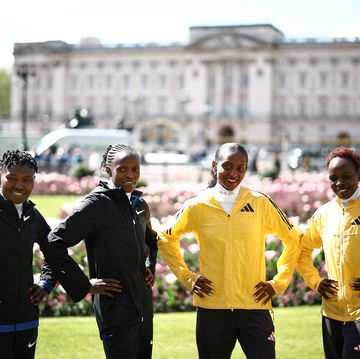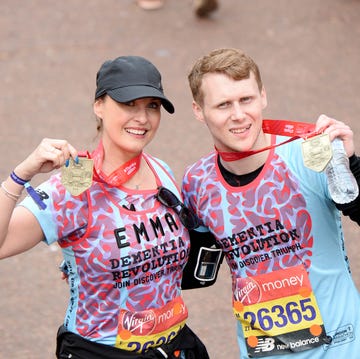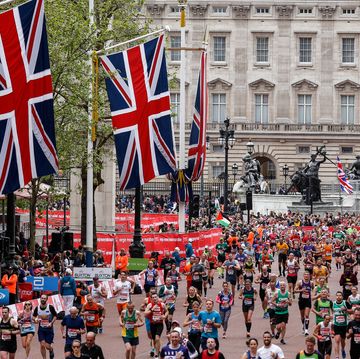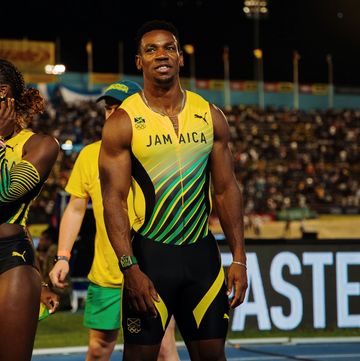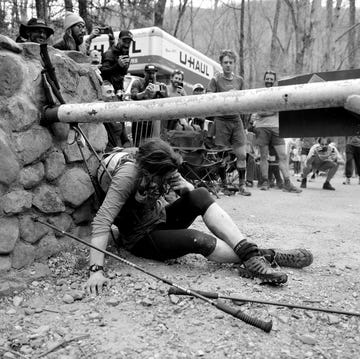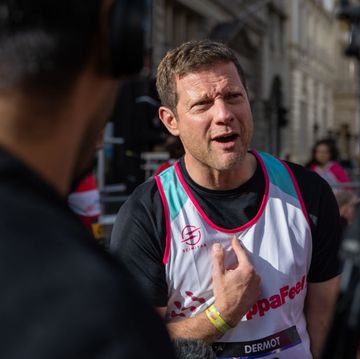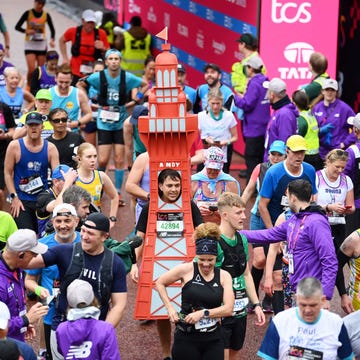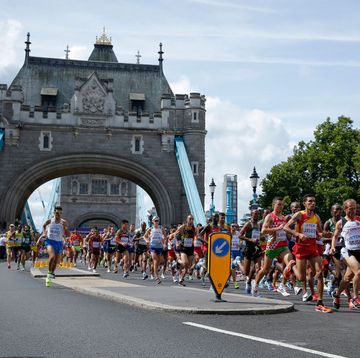The murder of primary school teacher Ashling Murphy, who was tragically killed while out running along the banks of the Grand Canal in Tullamore, County Offaly, on Wednesday afternoon, has triggered an outpouring of nationwide grief, sadness and anger.
The 23-year-old was out for a run on Wednesday afternoon when she was fatally attacked by a suspect, believed to be a man who acted alone (according to a BBC report). The suspect has not yet been found and investigations are ongoing to bring the killer to justice.
The running community are among those to respond with sadness and outrage that, yet again, a woman has been brutalised at the hands of a man, and that women are unable to exercise freely and safely without fear.
According to a report by Femicide Census, a source of comprehensive information about women who have been killed in the UK, one woman is killed every three days by a man. And the female running community are among those who are subject to frequent harassment.
When we launched our Reclaim Your Run campaign alongside Runner’s World’s sister publication Women’s Health last year, which aimed to raise awareness of, and reduce, the harassment and endangerment women experience while running, we surveyed 2,000 runners – and 60% of women told us they had been harassed when running. Twenty-five per cent reported being regularly subjected to sexist comments or unwanted sexual advances and six per cent said they had felt threatened to such an extent by harassment while running that they feared for their lives.
In response to Murphy’s murder, the running community have taken to social media to mourn her death, with many sharing the phrase 'she was out for a run'. Many have also shared how they do not feel safe lacing up their trainers alone, and shared their own experiences of harassment while running.
But among the grief, fear and sadness is also a feeing of anger within the running community and beyond that women should have to change their behaviour in response to the spectre of harassment – for example, not wearing headphones, running on well-lit paths or only running in daylight – when it's the behaviour of male perpetrators that needs to change.
The language around the story – and that of other stories surrounding cases of gender-based violence – has also been called into question, in particular the use of the word 'just'.
When we shared the news on our Instagram this morning, one reader @pippasees commented:
'It doesn't matter whether she was out running or drinking or on a night out or whatever space she dared to take up. Even if the intention is good, by singling out what women like Sarah Everard or Ashling Murphy were "just" doing, we play into the trope that "good" women doing "good" activities don't deserve to die. No woman – regardless of what she is doing – should die this way.'
While some argued against this, it's a sentiment that was echoed by others in the running community and beyond:
From speaking to activists campaigning for change as part of our Reclaim Your Run campaign – and from the feedback gathered from our survey – we know that changing the narrative from looking at what women must do to protect themselves, to addressing the behaviour of the perpetrators is imperative to creating a world where women have the freedom to run when – and wherever – they want without fear.
Vigils have been held across Ireland today in memory of Ashling as the island unites in grief and anger.
Our deepest sympathies and condolences go out to Ashling's family and friends and all those affected.



